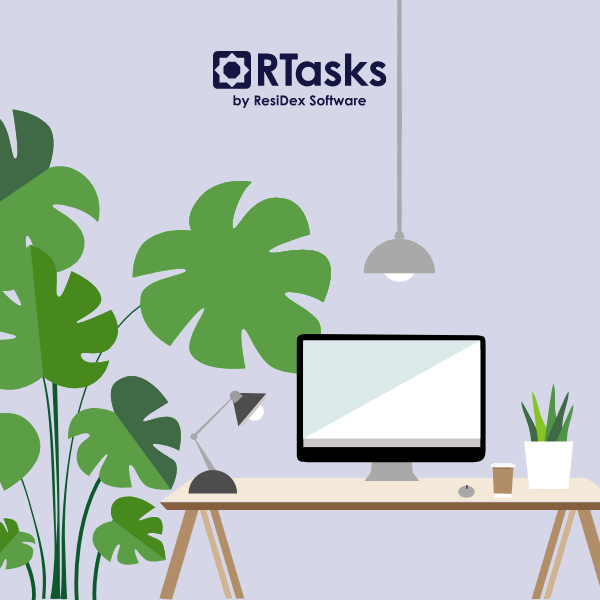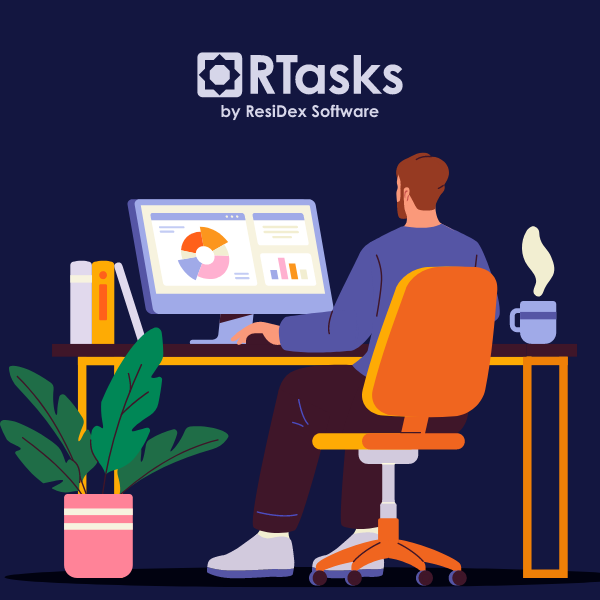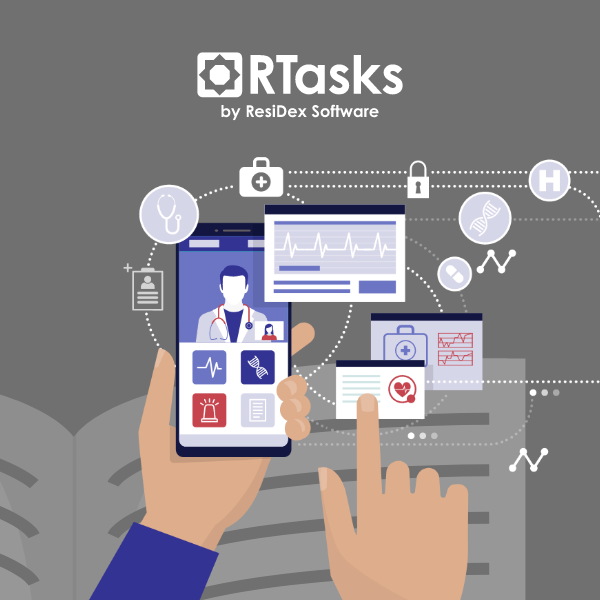Clinical Newsletter – November 2023
Posted on November 28th, 2023 to Residex Blogs

Managing drug diversion
Drug diversion takes place when a prescribed medication, often a controlled medication, is taken from the person it is prescribed to by another person for illicit use. Drug diversion is a felony and can result in criminal prosecution. For those who hold a license in healthcare, like a nurse or a doctor, drug diversion can result in a loss of that medical license.
Drug diversion can harm the person prescribed the medications leading to inadequate treatment that can result in an exacerbation of a medical condition. If a person is in pain and not receiving their pain medications, this can result in inadequate pain relief. If the medication is an antibiotic, missing the medication could result in prolonged treatment of infection and drug resistance. Drug diversion, in time, will lead to mistrust and anxiety for a person in the health system.
Those working in long-term care must be vigilant about drug diversion. Drug classes that are most commonly targeted in drug diversion include:
- Opioids (oxycodone, hydrocodone, morphine)
- Benzodiapines (Xanax, Valium, Ativan)
- Stimulants (Ritalin)
- Muscle Relaxants (Flexeril, Soma)
Steps to help prevent drug diversion
Prescribing
- Implement quantities that the facility will accept of controlled medications from the pharmacy especially for PRN controlled medications.
- Do not allow for dosing ranges of any scheduled or PRN medications.
- Review PRN controlled medication usage to look for patterns.
- If a medication is not used within 30 days they should consider discontinuing the medication.
- If the same staff is always giving the controlled medications an investigation should occur.
- Require a description of all controlled medications on the label.
- Require the pharmacy to communicate immediately any changes to the brand and/or manufacturer of the controlled medication.
Delivery
- Have a policy in place that controlled meds can only be delivered during a certain time of the day when a nurse or manager is present in the building.
- Never allow medications delivered to be left unattended.
- Require that two staff receive all controlled medications.
Storage
- Require Controlled medications to be double-locked.
- Require counts to be done at the change of each shift. This allows the oncoming person to verify the count they are taking responsibility for to be accurate.
- Train staff to observe each packet for tampering when counting.
- Have video surveillance where controlled medications are stored and dispensed.
Administration
- Staff need to be trained on and understand the process of administering controlled meds.
Documentation
- Staff should know and have clear processes for documentation of controlled medications.
- Management should clearly communicate these processes to staff.
- Management should ensure these processes are followed.
- Management should ensure discrepancies are reported immediately when discovered.
Medication Disposition
- Have clear policies on when medications are to be destroyed and how they are to be destroyed.
- Have clear policies on how two staff will work to destroy the medications and ensure the policy is being followed. Policy should include:
Hiring / Education
- Have clear job descriptions that include accurate medication management
- Set professional expectations around medication management during the hiring process
- Reference checks of employees
- Education regarding drug diversion
- All leaders should be trained investigators
- An investigation will be launched immediately when diversion is reported
- Root cause analysis is completed each time even if the discrepancy is resolved
Audits
- Interview staff to identify vulnerabilities within the work environment such as suspicious behavior or irregular activity
- Complete audits looking for diversion monthly
We Can Help!
RTasks offers effective solutions to help prevent drug diversion and provide accountability at every step of the process.
- Comprehensive nursing assessment of resident medication needs
- Medication entry, including resident-specific, detailed instructions for staff to follow
- Links to the National Institute of Health database, giving staff up-to-date information on medications
- Pharmacy Connect integration with the pharmacy that serves as a periodic medication reconciliation
- Facility control over what meds are considered controlled
- A comprehensive system of pill counting that accounts for controlled medications at multiple points throughout the med process – from documenting receipt from the pharmacy, at med review, administration of scheduled or PRN doses, with shift counts, if sending medications out-of-facility with family, and at discharge or with the documented destruction of medications
- Witnessed pill counts at shift count or with receipt of controlled meds or destruction
- Declined medications require a note of explanation, and are easily reviewed by the nurse
- Required PRN follow-ups can alert nurses if an administered PRN med is not effective (as in the case of a pill substitution)
- Nurses or administrators can be notified of pill count discrepancies via a dashboard at login OR by text message or email alert
- Reports can show if any one staff person is administering markedly higher numbers of controlled medications
- Complete Pill Count History reports can highlight where count discrepancies occurred
Did you know?
RTasks allows for uploading information from vaccine clinics! This method is a fast, efficient way to ensure all vaccine dates are recorded accurately. Click here for more information.
Just a reminder
Entering a valid email address in the staff profile in RTasks for all nursing staff helps our staff communicate with your clinical team efficiently and effectively.




